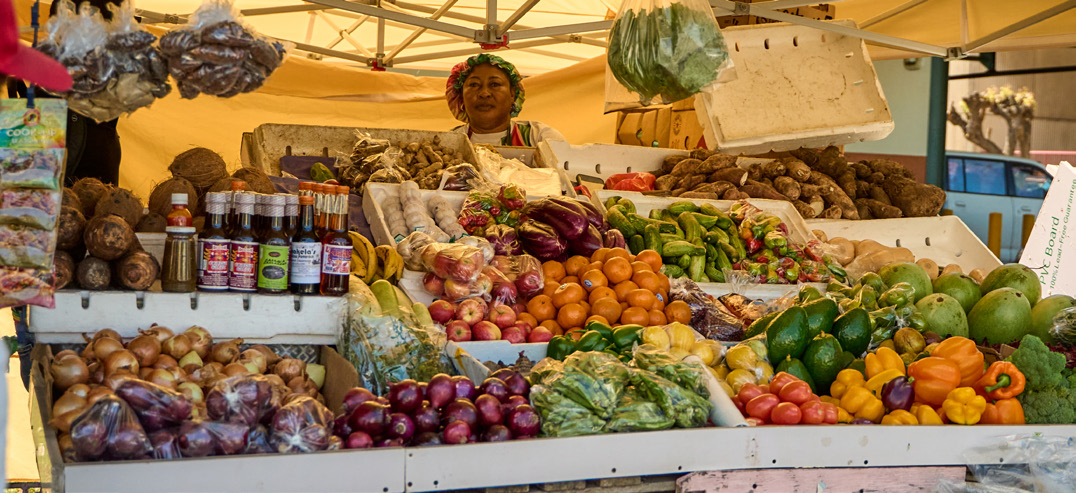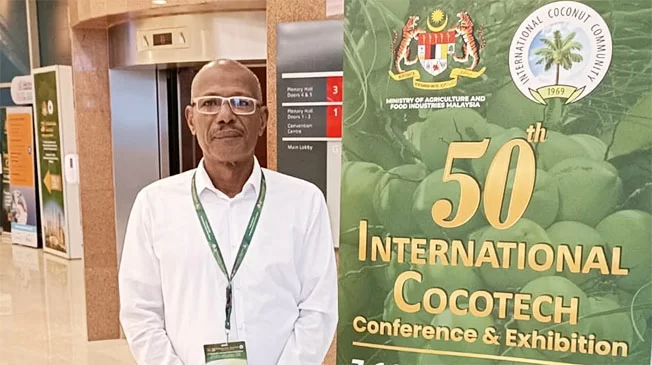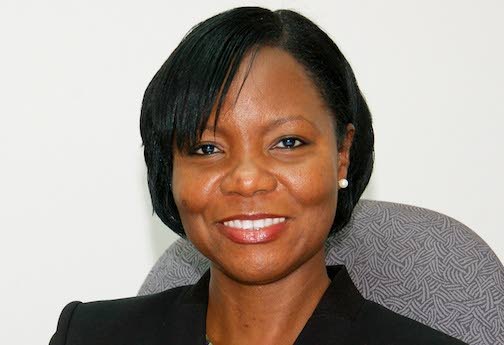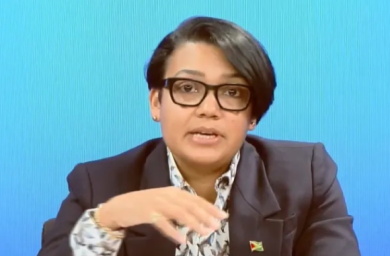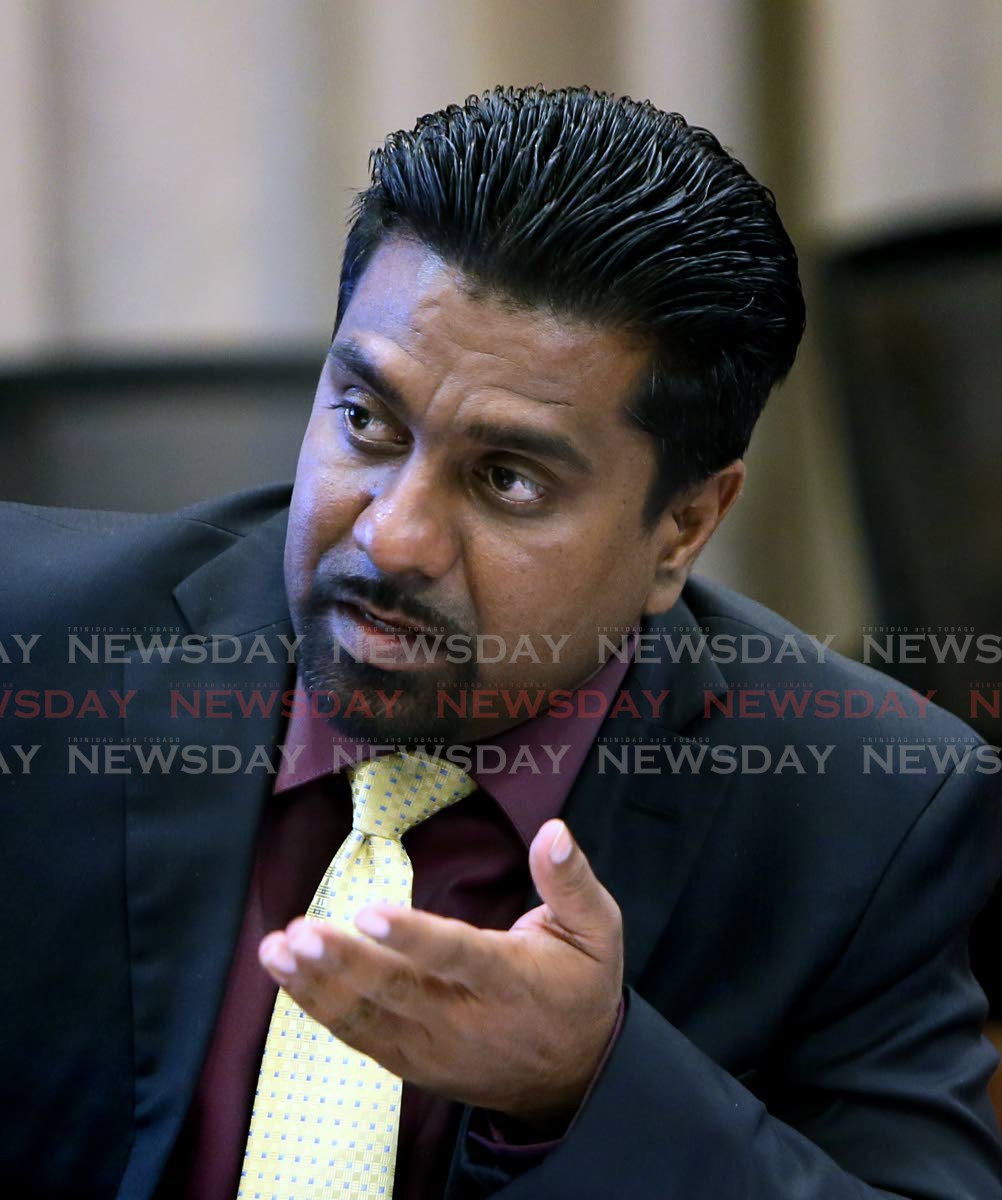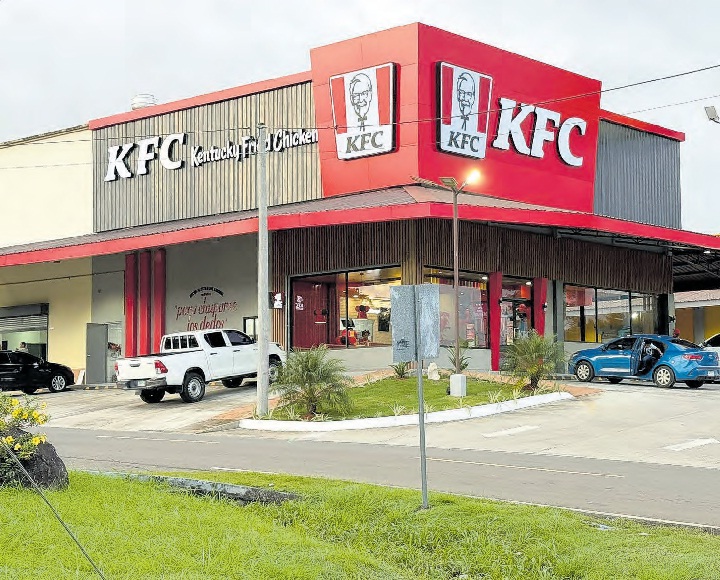Christmas shopping at Bridgetown’s Cheapside Market reveals a tale of contrasting fortunes this holiday season, with persistent inflation and tightened consumer budgets creating uneven trading conditions for local vendors. While foot traffic remains consistent, purchasing patterns show marked changes from previous years as shoppers grapple with elevated food prices.
Multiple vendors report experiencing volatile business cycles, attributing the instability to sharp increases in produce costs—particularly for imported vegetables. Nadine Prince, one market operator, detailed how essential items like sweet peppers, flavor peppers, and local tomatoes have reached unprecedented prices, with some climbing to $12 per pound. This inflationary pressure has forced both sellers and customers to reconsider their purchasing habits, resulting in smaller transactions and quicker shopping trips.
Consumer behavior has shifted noticeably, with shoppers prioritizing essential herbs and peppers over traditional root vegetables like yams and potatoes. Afua Merson observed that while sales haven’t collapsed completely, customers are making more calculated purchases, often adjusting their budgets to secure necessary items despite financial constraints.
Amid the general trend of restrained spending, some vendors report more positive outcomes. Angela Greene described steady sales leading into Christmas, noting that success largely depends on stocking high-demand products that align with current consumer preferences.
The overarching narrative emerging from the market underscores how macroeconomic pressures are reshaping festive traditions, with both vendors and customers demonstrating adaptability in the face of economic challenges while maintaining gratitude for continued community support.
